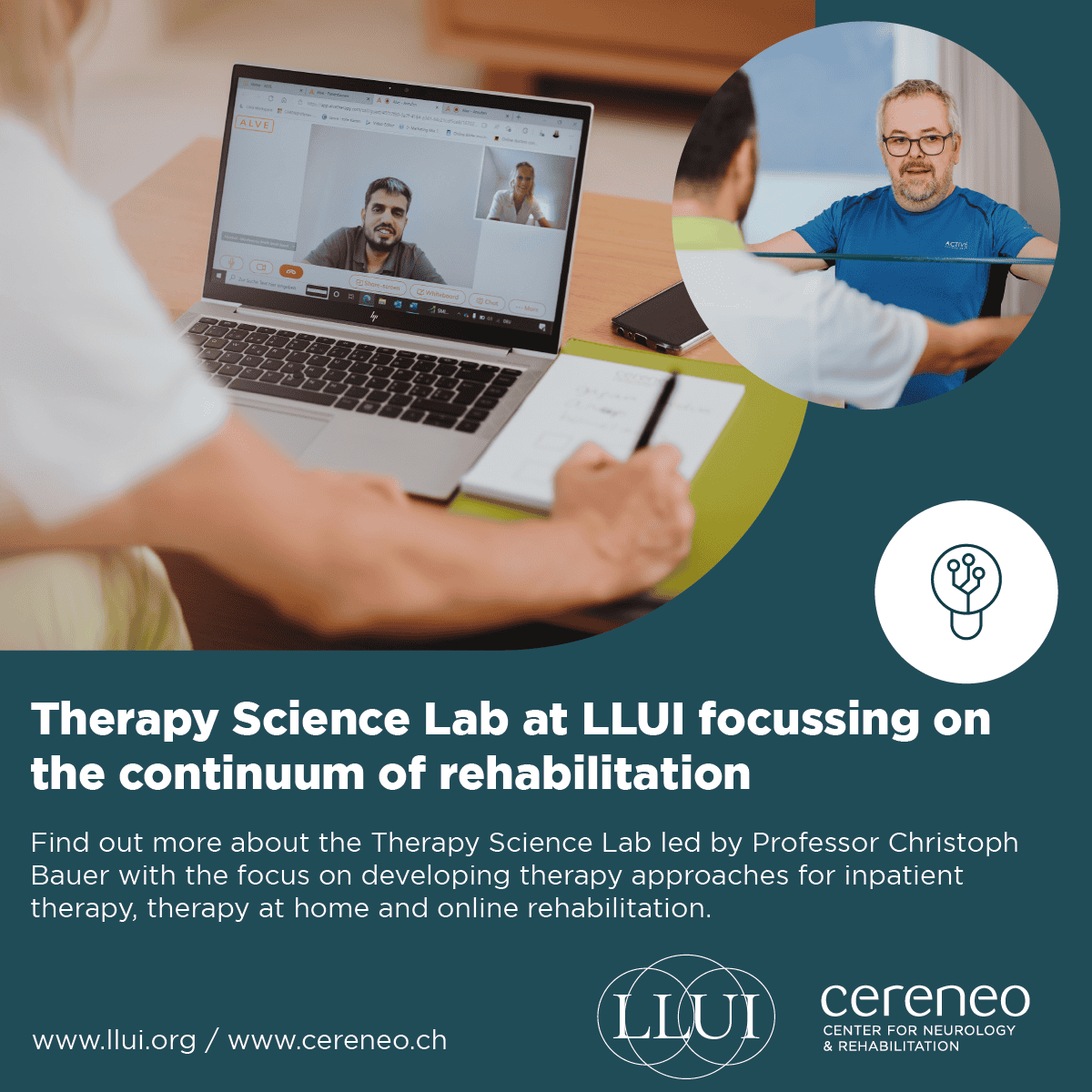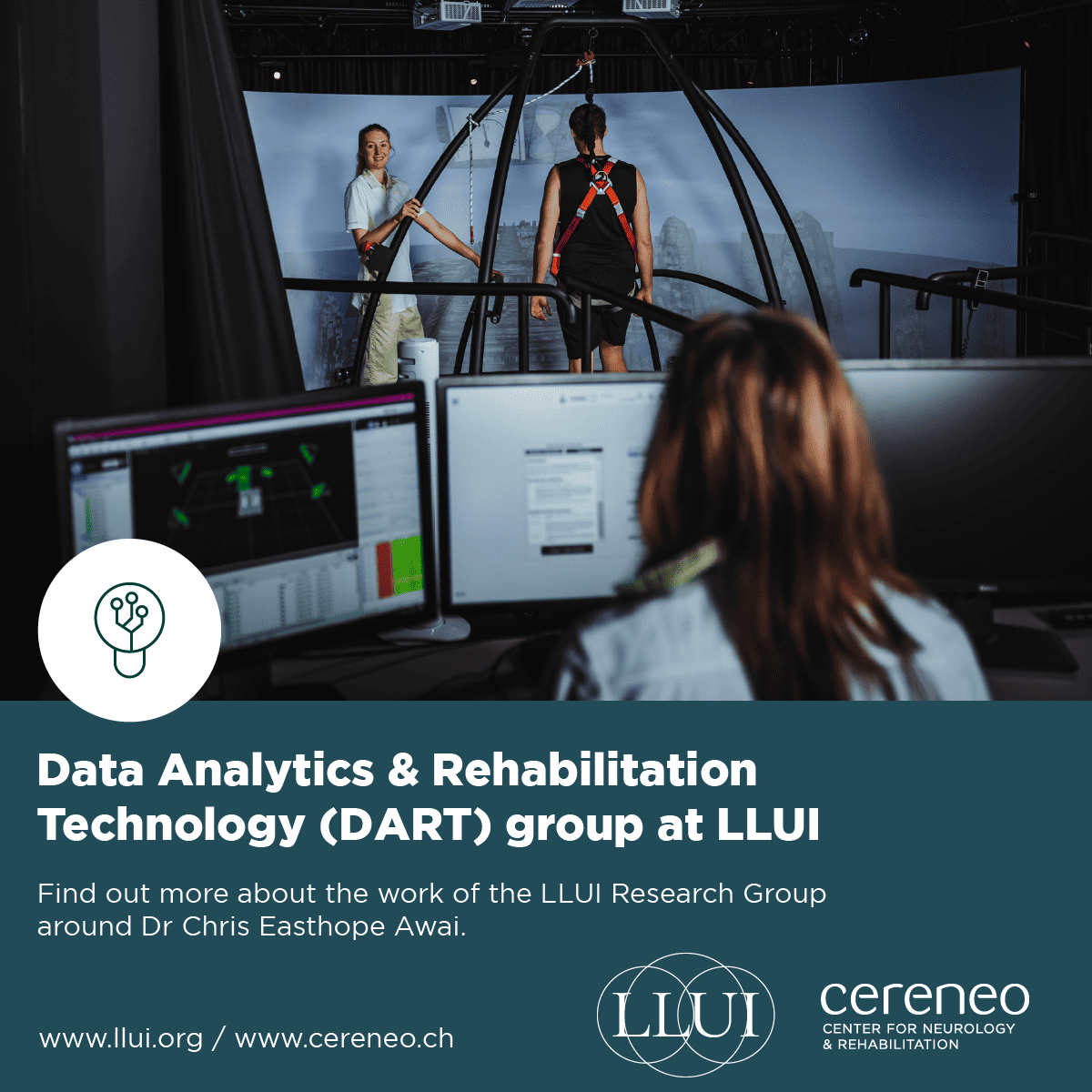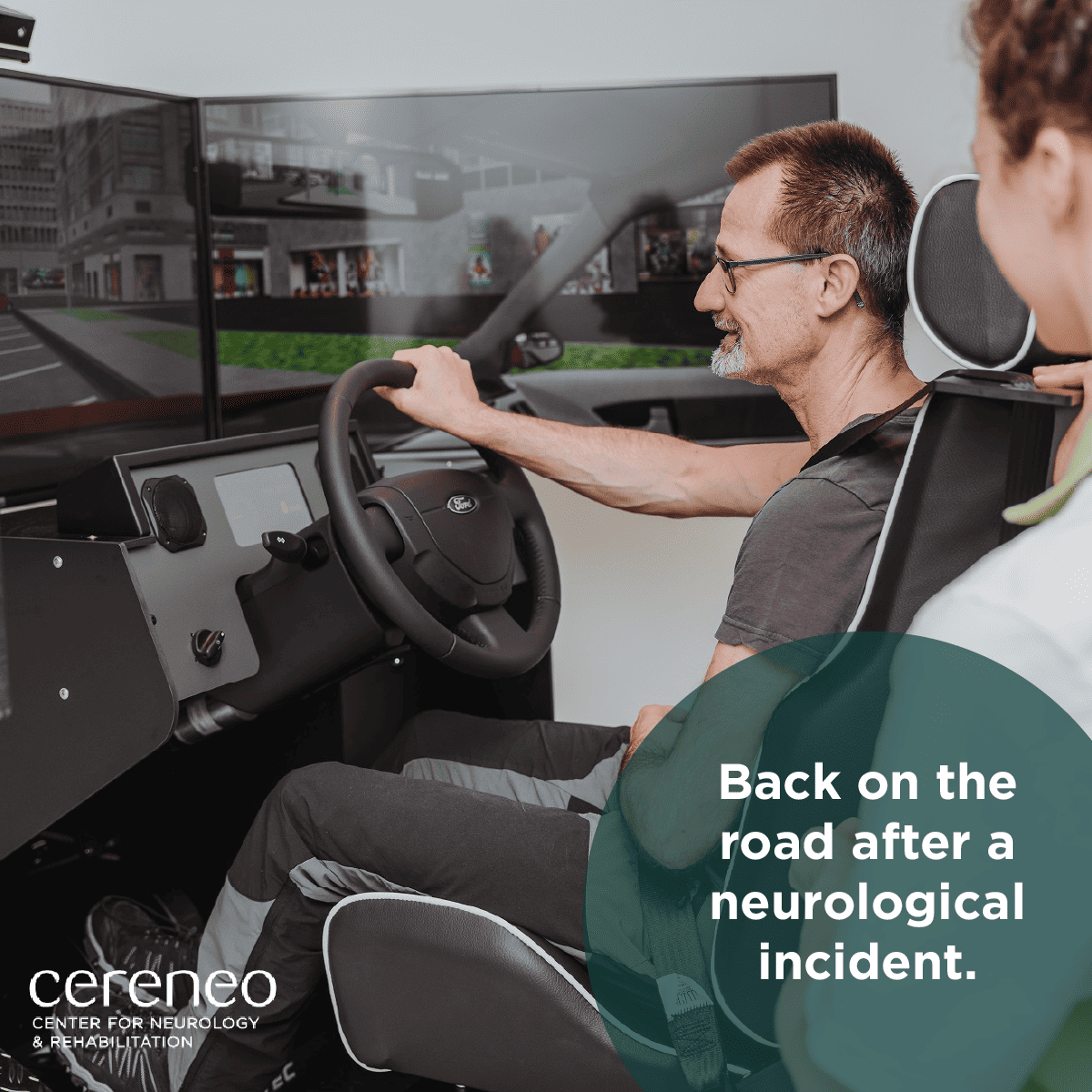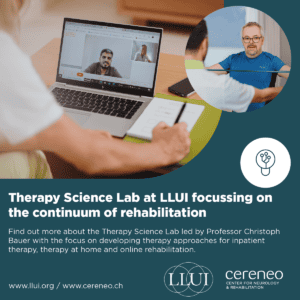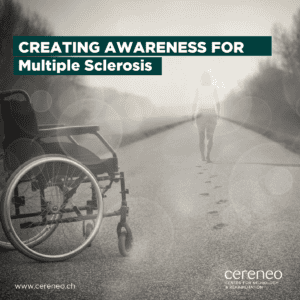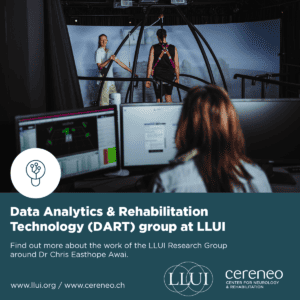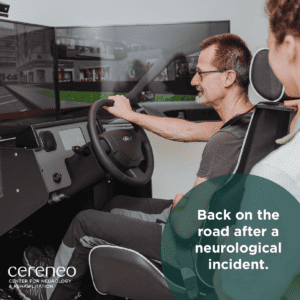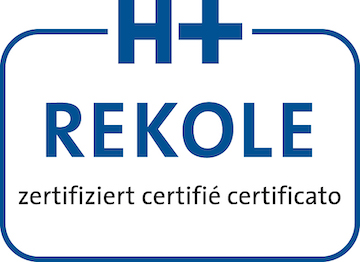Parkinson and other neurological diseases impact your life and that of your family, affecting one or more brain functions, such as speech, movement or cognitive abilities. While a stroke has immediate, severe effects, PD usually occurs gradually. It is one of the most common neurodegenerative diseases. It affects about 10 million people worldwide.
Causes, risk factors and symptoms
Little is known about the causes of Parkinson’s disease, but all patients have a reduced dopamine production. Dopamine is a neurotransmitter produced naturally in the body and used by the nervous system to transmit messages between nerve cells. Too much or too little of it can lead to a whole range of health problems.
Men are affected more often than women, and the disease typically manifests between the ages of 50 and 60.
Typical physical symptoms of PD include:
- Tremor (resting tremor),
- Muscle stiffness (rigour),
- Slowed movements with small steps,
- Reduced swinging of the arms (in many cases unilateral),
- Typical mask face with little or no emotional expression.
Usually, changes or impairments in non-motor functions occur much earlier and should alert relatives.
Typical non-motor symptoms may include:
- Talking in sleep or sleepwalking,
- incontinence,
- depression,
- anxiety,
- pain,
- dizziness,
- loss of smell.
In addition to the typical symptoms, PD is often accompanied by sleep disorders, constipation, bladder problems and problems swallowing and chewing. Eating and maintaining a healthy diet can thus be a very difficult and stressful task for people with PD, which may lead to malnutrition.
How is Parkinson’s disease treated?
With the right treatment, it is possible to significantly slow down the progression of the disease if it is diagnosed at an early stage.
The earlier PD is diagnosed, the better. With early treatment, the onset of severe symptoms can be delayed by years.
The development of an effective medication plan is difficult and takes time. The disease has very individual courses. No two patients are alike, so a tailor-made therapy is crucial. Besides medication, the best treatment at the moment is deep brain stimulation (DBS).
Treatment at cereneo
At cereneo, we offer Parkinson’s patients comprehensive treatment: Starting with the diagnosis, the preliminary examination to determine whether a patient is a candidate for deep brain stimulation or the fine-tuning of medication, as well as a tailor-made rehabilitation programme adapted to individual patient needs.
Thanks to our cooperation with leading Parkinson clinics, patients who are candidates for deep brain stimulation can have the surgery at one of our partner clinics followed by a rehabilitation stay at cereneo. Inpatient rehabilitation is crucial with DBS so that the patient can get used to it and learn to make the fine adjustments him- or herself.
In general, a 3-4 week rehabilitation stay every 1 to 2 years, combining language training and psychological care with personalised intensive movement therapy including gait and balance training, can significantly improve movement and cognitive skills, slowing the progression of the disease and improving quality of life.

